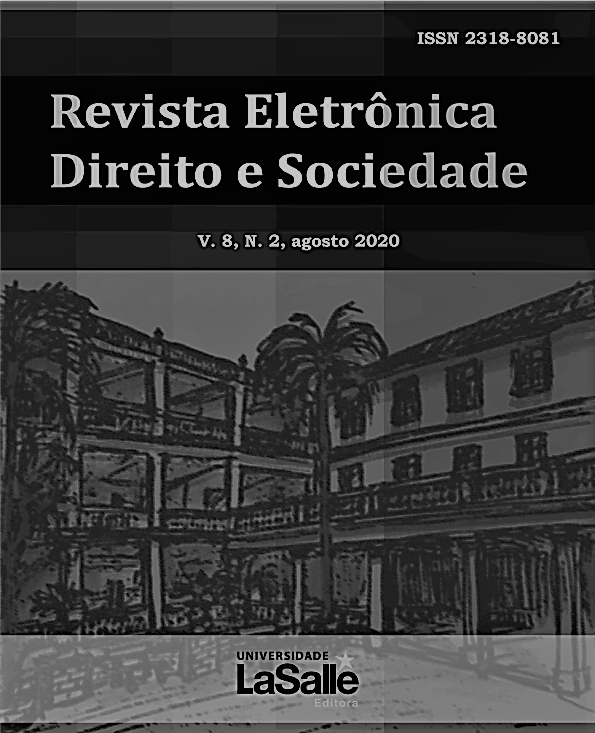The role of the family as a primary educational vector for responsible consumption and its challenges in the face of child marketing abuse
DOI:
https://doi.org/10.18316/redes.v8i2.6239Keywords:
Family, Responsible Consumption, Abuse of Children’s Marketing, Communication Existential Vulnerability.Abstract
This article aims to address the role of the family as a primary educational vector for responsible consumption in the face of abuse of child marketing communication and to discuss the existential vulnerability of children and the dialogue of sources as a mechanism for the realization of their fundamental rights. With the advent of the Federal Constitution of 1988, consumer protection and the rights of children and adolescents were developed and, based on constitutional principles, followed paths to protect vulnerable groups from consumerist power relations, where the media exercises its instant influence, encouraging children to hyperconsumption. Thus, the consumer-child, because it is a group that is in the biopsychological development phase, needs full protection, through accompanying the family together with the school, to develop a more effective protective social mechanism. Finally, we present tools to combat this problem, which is everyone’s responsibility. The deductive method was used and the research methodology was given through bibliographic analysis, national legislation and judicial decisions, which provided for the protection of constitutional and consumer rights and guarantees.
Downloads
Published
Issue
Section
License
Authors who submit their manuscripts for publication in the “REDES” Magazine agree to the following terms:
The authors claim to be aware that they retain copyright by giving “REDES” the right to publish.
The authors declare to be aware that the work submitted will be licensed under the Creative Commons Non-Commercial Attribution License which allows article sharing with acknowledgment of authorship and publication in this journal.
The authors declare to be aware that by virtue of the articles published in this journal have free public access.
The authors declare, under the penalty of the law, that the text is unpublished and original and that they are aware that plagiarism has been identified, plagiarized authors will be informed - willingly, to take legal action in the civil and criminal sphere - and, plagiarists will have their access to the magazine blocked.
The authors state that - in case of co-authoring - all contributed significantly to the research.
Authors are obliged to provide retractions and (or) corrections of errors in case of detection.
The authors are obliged not to publish the text submitted to “REDES” in another electronic journal (or not).
The Electronic Journal Law and Society - REDES - is licensed under a Creative Commons License. Attribution-NonCommercial 4.0 International.Based on work available at "http://revistas.unilasalle.edu.br/index.php/redes/about/submissions#copyrightNotice".
Permissions in addition to those granted under this license may be available at http://creativecommons.org/.

